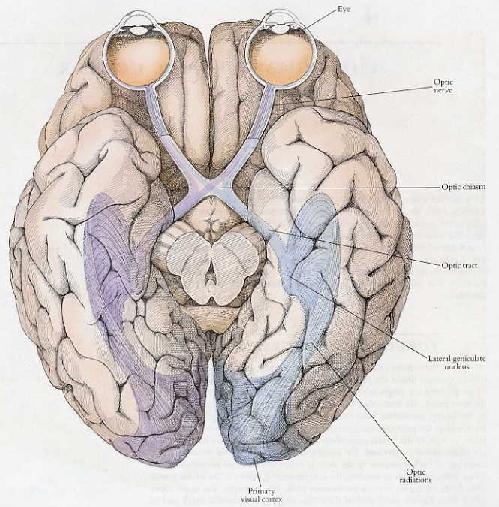Karen Horney, M.D.
Neurosis and Human Growth: The struggle toward self realization. (1950)
Overview | morality | neurotic claims | origins of self-estrangement | tyranny of | therapy.

"Psycho-analytic Therapy"
"But we cannot cure the wrong course which the development of a person has taken. We can only assist him in gradually outgrowing his difficulties so that his development may assume a more constructive course."
p. 333.
"...he must overcome all those needs, drives, or attitudes which obstruct his growth; only when he begins to relinquish his illusions about himself and his illusory goals has he the chance to find his real potentialities and develop them."
p. 334.
"But as long as the patient feels that they are the only ones he has he must cling to them."
p. 334
"In all patients the avoidance of conflicts has a double structure: they do not let conflicting trends come to the surface and they do not let any insight into them sink in."
p. 335
"Both muddled thinking and the cynical attitudes in these cases so befog the issue of conflicts that they are indeed unable to see them."
p. 335.
"Theoretical Considerations of self-knowledge"
"Together with many others who had discarded Freud's theory of instincts, I first saw the core of neurosis in human relations, these were brought about by cultural conditions; specifically through environmental factors which obstructed the child's unhampered psychic growth. Instead of developing a basic confidence in self and others the child developed basic anxiety,...a feeling of being isolated and helpless toward a world potentially hostile."
p. 366.
"spontaneous moves toward, against, and away from others became compulsive."
p. 366.
Neurotic Strategies to manage the conflict and rigors of everyday life:
The Neurotic then either seeks to dominate (impulsively moves against), or seeks to self efface (compulsively self deprecating to even morbid dependence upon others in moves toward), or seeks in the freedom of detachment and feigned indifference or aloofness (compulsively moves away from) a means of coping with the inner conflicts, anxiety, tensions and self loathing that accompanies their situation of self alienation.
p. 366-68.
Intense self hatred and intense neurotic pride are "two aspects of one process..."
p. 368
"Therapy has thus made use of the patient's pride instead of working against it."
372
Instead
The therapeutic process is so fraught with difficulties of manifold kinds that the patient may not attain the stage described."
"greater self-realization"
"The fictitious values of the patient's neurotic pride and of the phantoms of mastery, surrender, and freedom have lost much of their fascination and he/she is more strongly bent on realizing his given potentials."
p. 364.
"Outgrowing his/her neurotic egocentricity, he will become more aware of the broader issues involved in his/her particular life and in the world at large."
p. 365.
- become part of the larger whole
- accepting responsibility for outcomes
- contribute constructively to those dependent
"This step is important not only because it widens his personal horizon but because the finding or accepting of his place in the world gives him/her inner certainty which comes from the feeling of belonging through active participation."
p. 365.
"the godlike being is bound to hate his actual being.
Neurosis now became a disturbance in one's relationship to self and to others."
p. 368
"Freud's philosophy, in this deep sense is a pessimistic one. Ours, with all its cognizance of the tragic element in neurosis, is an optimistic one."
p. 378
morality | neurotic claims | origins of self-estrangement | tyranny of | Freud.
Writing | writing from texts | how to approach writing | writing papers | writing & world views
Science Index | Site Analysis | Population Index | Global Warming Index | Nature Index | Brief




